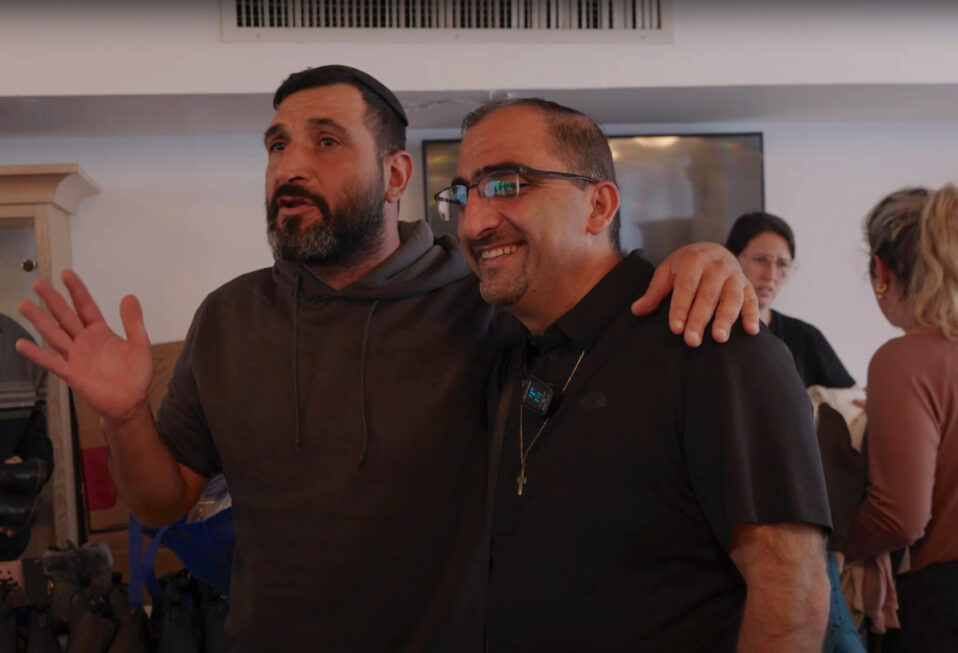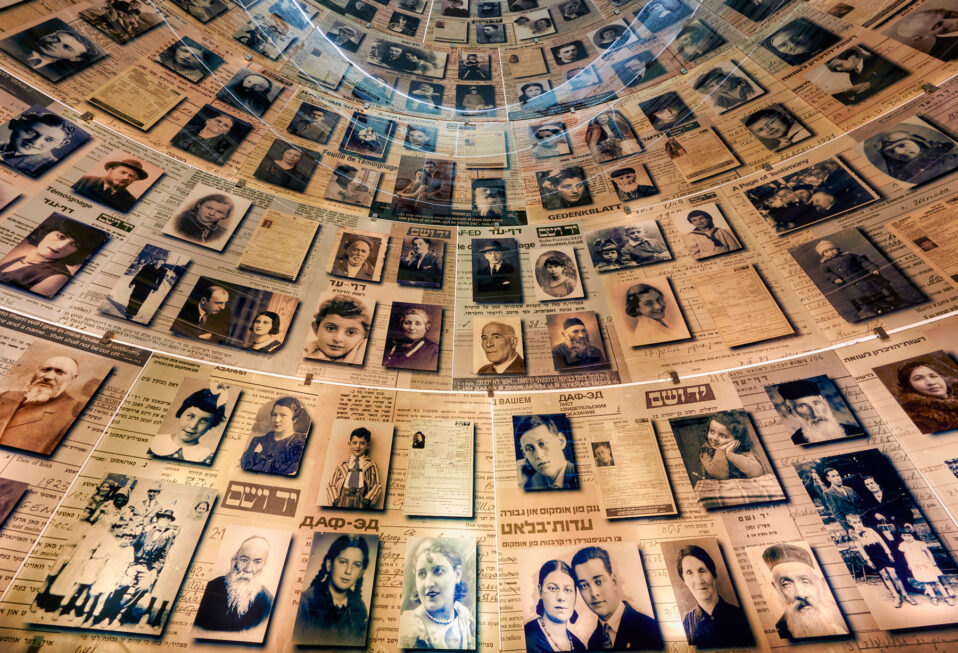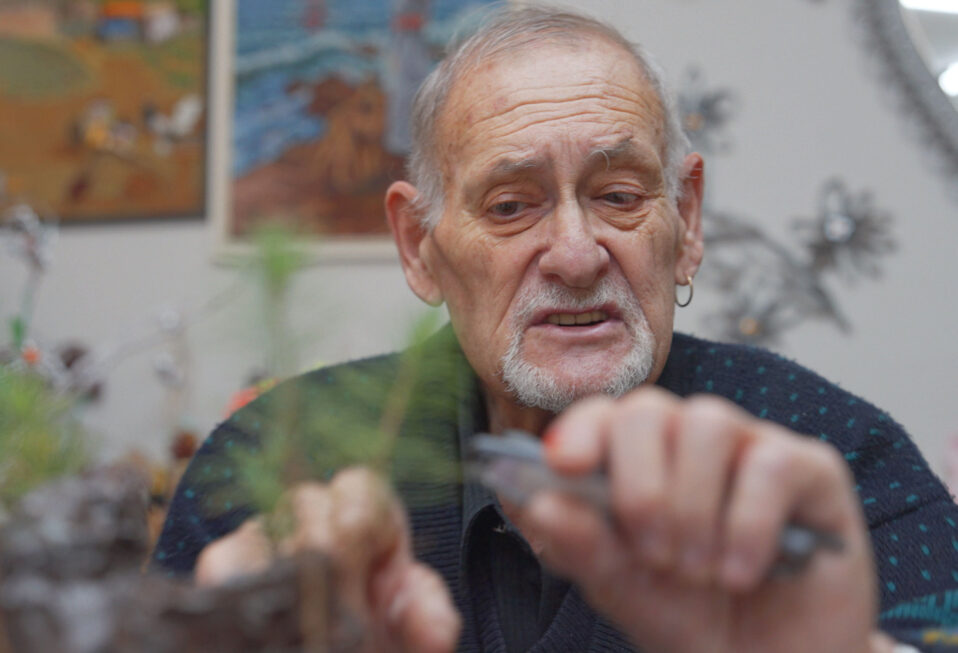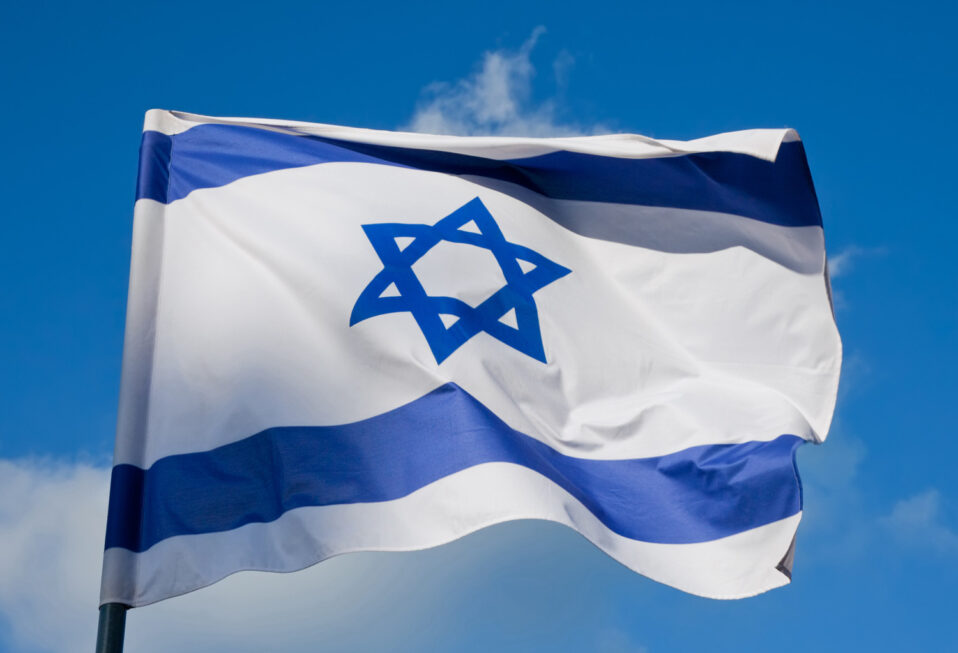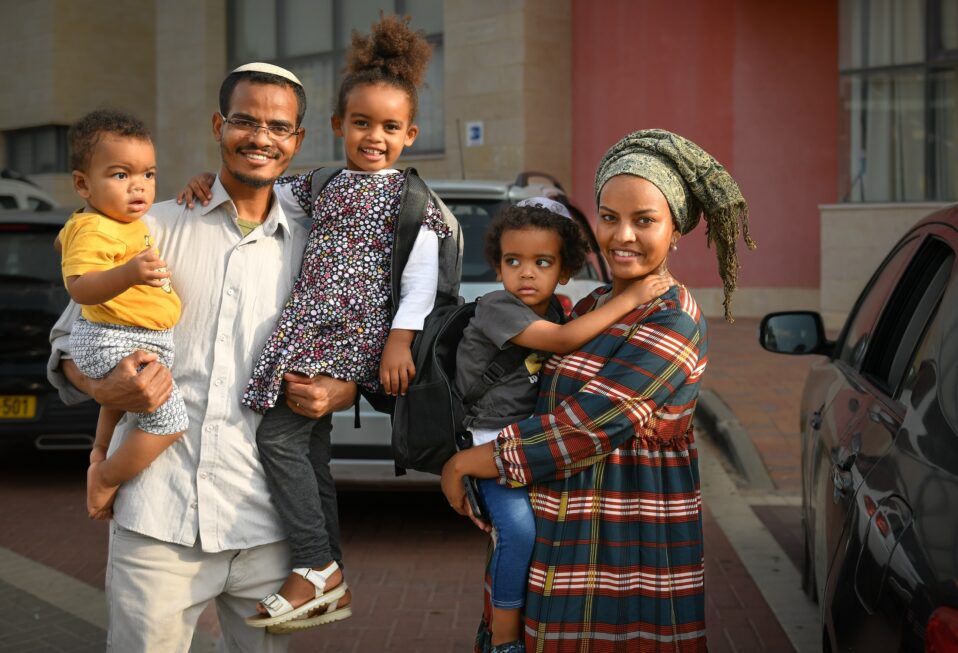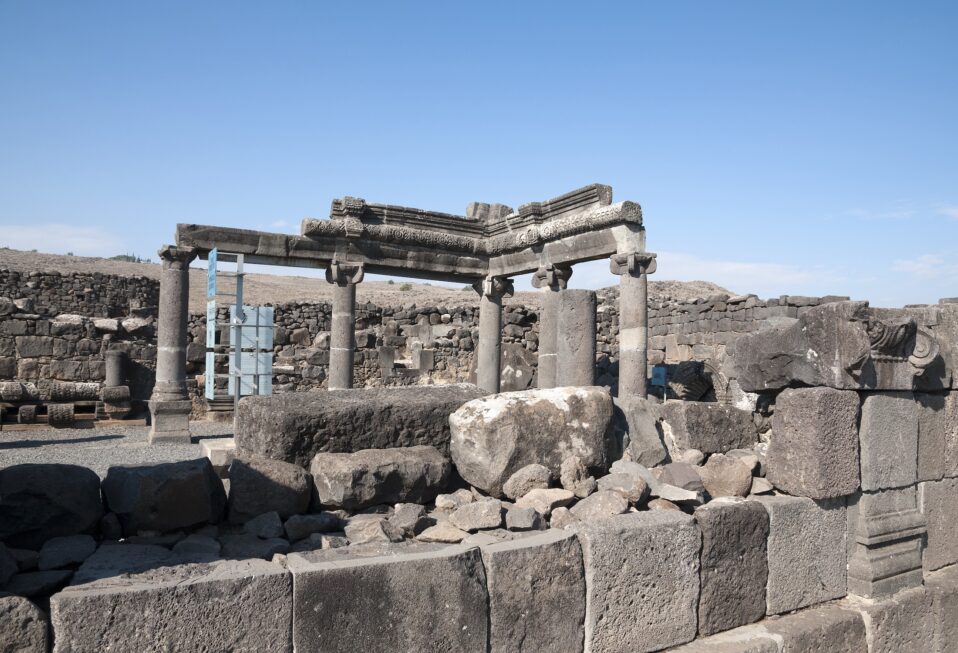By Arlene Bridges Samuels
Anti-Israel individuals and institutions continue to widely disseminate false information as fact. AI’s timely use is escalating propaganda by turning words into weapons that act like a dangerous mind-altering drug—one that is already manipulating millions of minds globally.
Israel is not only fighting for its existence on land, sea, and air. It is also fighting the information warfare of lies—a formidable barrage that is poisoning opinions on a global scale. As we approach International Holocaust Remembrance Day—January 27—the Iran-backed October 7 massacre is now seared into Jewish minds and hearts. The World War II Holocaust and the genocidal purposes of Hamas were inseparably iron-clad on October 7, 2023.
Incredibly, suggestions of a two-state solution—whether voiced by the United States, Europe, or Arab countries—are emerging. Everyone must realize that Israel has no peace partner with Hamas nor with the Palestinian Authority. As Khaled Mashal, a senior Hamas official, bluntly exclaimed on January 20, “We are not interested in a two-state solution… there should be only one state, a Palestinian state, from the river to the sea, and from the north of Israel to its south.”
The Hamas founding charter has not changed: “The Day of Judgment will not come about until Muslims fight Jews and kill them.” And as former Prime Minister Golda Meir so eloquently stated: “You cannot negotiate peace with someone who has come to kill you.”
During the Nazis’ genocidal Holocaust (Shoah), the regime murdered 6 million Jews—long before AI existed. It only required Hitler’s satanic mind, occupied with evil, to hypnotize Germans through media run by his Reich Minister of Propaganda, Joseph Goebbels. Goebbels was skillfully mentored by Hitler, who observed: “Through clever and constant application of propaganda, people can be made to see paradise as hell, and also the other way round, to consider the most wretched sort of life as paradise.”
In fact, much of the world did not know the extent of evil until General Dwight D. Eisenhower ordered photographic evidence of the concentration camps and survivors when liberated in 1945. Eisenhower explained, “The visual evidence and the verbal testimony of starvation, cruelty and bestiality were so overpowering as to leave me a bit sick. … I made the visit deliberately to give first-hand evidence of these things if ever, in the future, there develops a tendency to charge these allegations merely to ‘propaganda.’”
After Eisenhower and the Allies encountered tens of thousands of Jewish prisoners who survived, the forward-thinking general directed General George C. Marshall to bring members of the U.S. Congress and media to see for themselves. They came, they wrote, and they published the photos. Almost 80 years later, despite the evidence, Holocaust denial and/or its twisted versions grew acceptable over time.
Lamentably, the same phenomenon is happening with Israel today. Hundreds of media giants, international leaders, and members of the U.S. Congress—too many are believing the outrageous lie that Hamas did not invade Israel on October 7, 2023. Despite massive amounts of evidence from Hamas itself, the unthinkable reverse is true: Israel is actually being blamed for instigating the attacks.
As a past example, Mahmoud Abbas, Palestinian Authority president, completed his dissertation in 1982 in the former Soviet Union. He titled his doctoral thesis “The relationship between Zionists and Nazis, 1933-1945.” This piece of fiction alleged that Nazis and Zionists shared a close connection about racial superiority: Aryan for the Nazis, Jewish for the Zionist. Abbas accused Jews in pre-state Israel of collaborating with Nazis in the Holocaust. Today, warped narratives like these motivate minds filled with the mind-altering drug of hatred.
Propaganda proliferates from governments, saboteurs, mainstream media, the United Nations, and demonstrators busy writing another sinister chapter of Jew hatred that resurfaced just a few days after October 7, 2023. One of the most shocking and offensive lies is that Israel is committing genocide in Gaza.
Unlike General Eisenhower’s order for photographs after the fact of the Holocaust, Nazi-like Hamas triumphantly took photos of its brutality in real time on October 7 with their body cams and the mobile phones stolen from Jewish victims. They have provided the world with tangible proof as to who the aggressors were.
It is my prayer that as you read the next story you will use it as a reality check to determine just who is genocidal. Pass it on to uninformed family, friends, and churches:
Last week mainstream media outlet CNN reported the confession of a Hamas terrorist who tried to sell the head of a decapitated IDF soldier for $10,000. Yes—from the terrorist who cut off Cpl. Adir Tahar’s head, stuffed it in his backpack, and returned to Gaza planning to make money.
That CNN itself reported this atrocity should grab the attention of Jew haters as a fact about the depths of evil manifesting in Hamas’s minds. CNN had also aired October 7 footage taken by the terrorists as they sawed the necks of dead Israelis.
Adir Tahar’s family story unfolded with David Tahar, father of the 19-year-old soldier who was murdered on October 7 when he faced the Hamas terrorists. He said that Adir’s body was confirmed by DNA tests and his identity tags. At Adir’s burial on Israel’s Mount Herzl military cemetery, David insisted on seeing his son in the coffin.
The bereaved dad then experienced what he called “a miracle” after spending two months watching endless hours of Hamas’s massacre videos, which saboteurs proudly posted on social media. David had identified his son’s body, and when captured later, the vicious terrorist gave the location of an ice cream store where he had put Adir’s head in a bag inside a freezer.
An elite IDF unit, backed up by tanks, entered central Gaza and retrieved Adir’s head, which was also abused. DNA and dental records verified Adir’s identity. It is unimaginable what the IDF unit experienced themselves and even more profoundly Adir’s father as he suffered through a second burial. To think that Israeli Defense Forces, the most humane army in the world, is conducting genocide against Gazans or anyone is 100 percent irrational.
If history is an accurate indicator, the genocide label and other lies against Israel will continue. Nevertheless, amid the current information warfare it remains essential that we in the evangelical community do our part to pass on facts. Truth-telling, part of our own spiritual DNA, is birthed in Old and New Testaments and passed on to us through the Jews under God’s inspiration.
If you wish to take part in a volunteer action, the Arolsen Archives invites you to volunteer for #everynamecounts to commemorate International Holocaust Remembrance Day on January 27 now or in the future. Click here to choose which topic you wish to digitize. It takes only five minutes to complete one document.
May we be motivated like never before to fight against information warfare on behalf of Israel and her people. Our CBN Israel team welcomes you to join us in prayer this week meditating on Proverbs 12:22, “The Lord detests lying lips, but He delights in people who are trustworthy.”
Prayer Points
- Pray that Christians will be motivated to share facts about Israel frequently.
- Pray that the IDF will finally discover the remaining hostages’ whereabouts.
- Pray that families know that IDF is doing everything possible to locate their family members.
- Pray that Israeli Jews and Jews worldwide receive blessings from our genuine prayers and assistance.
Arlene Bridges Samuels pioneered Christian outreach for the American Israel Public Affairs Committee (AIPAC). After she served nine years on AIPAC’s staff, International Christian Embassy Jerusalem USA engaged her as Outreach Director part-time for their project, American Christian Leaders for Israel. Arlene is an author at The Blogs-Times of Israel and has traveled to Israel since 1990. She co-edited The Auschwitz Album Revisited and is on the board of Violins of Hope South Carolina. By invitation, Arlene attends Israel’s Government Press Office Christian Media Summits. She also hosts her devotionals, The Eclectic Evangelical, on her website at ArleneBridgesSamuels.com.


